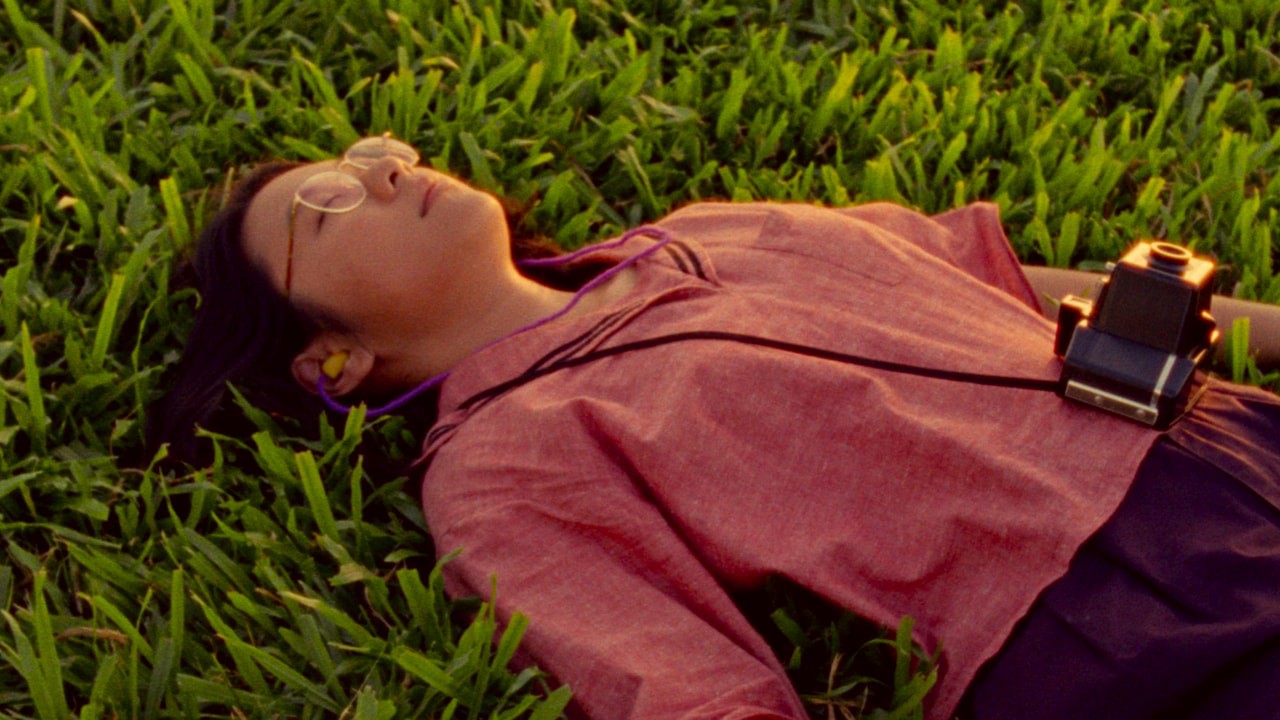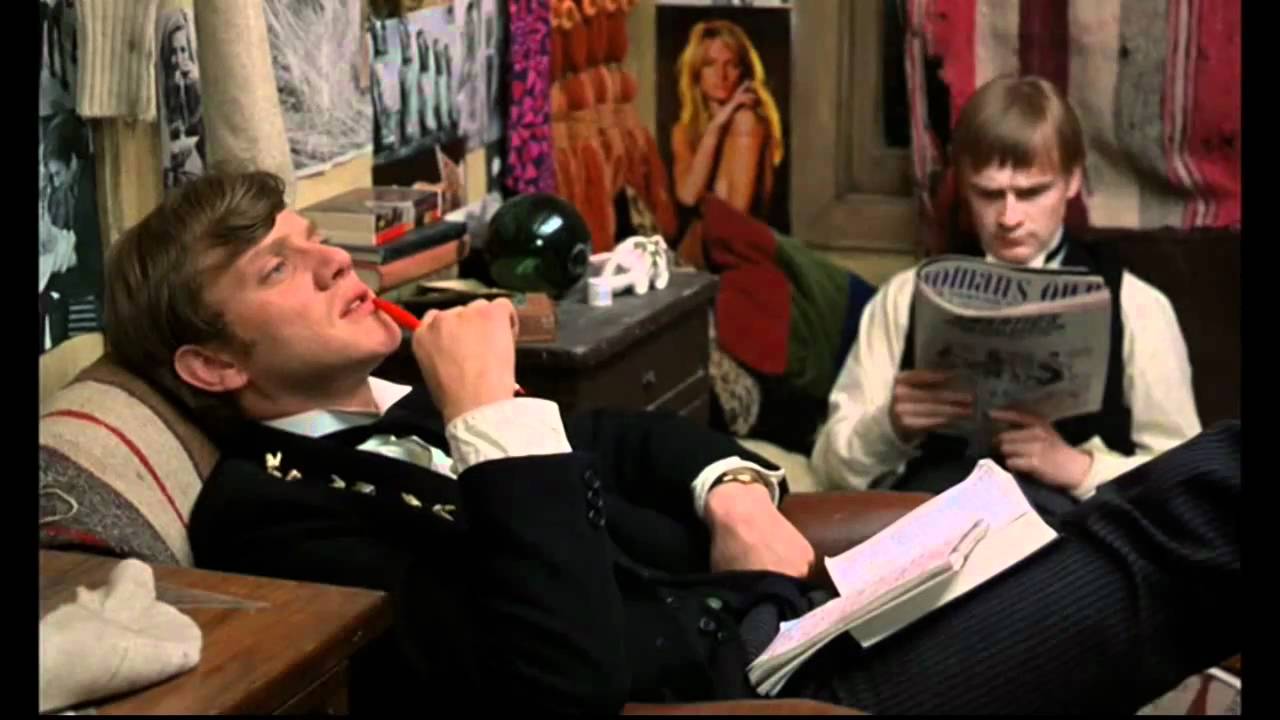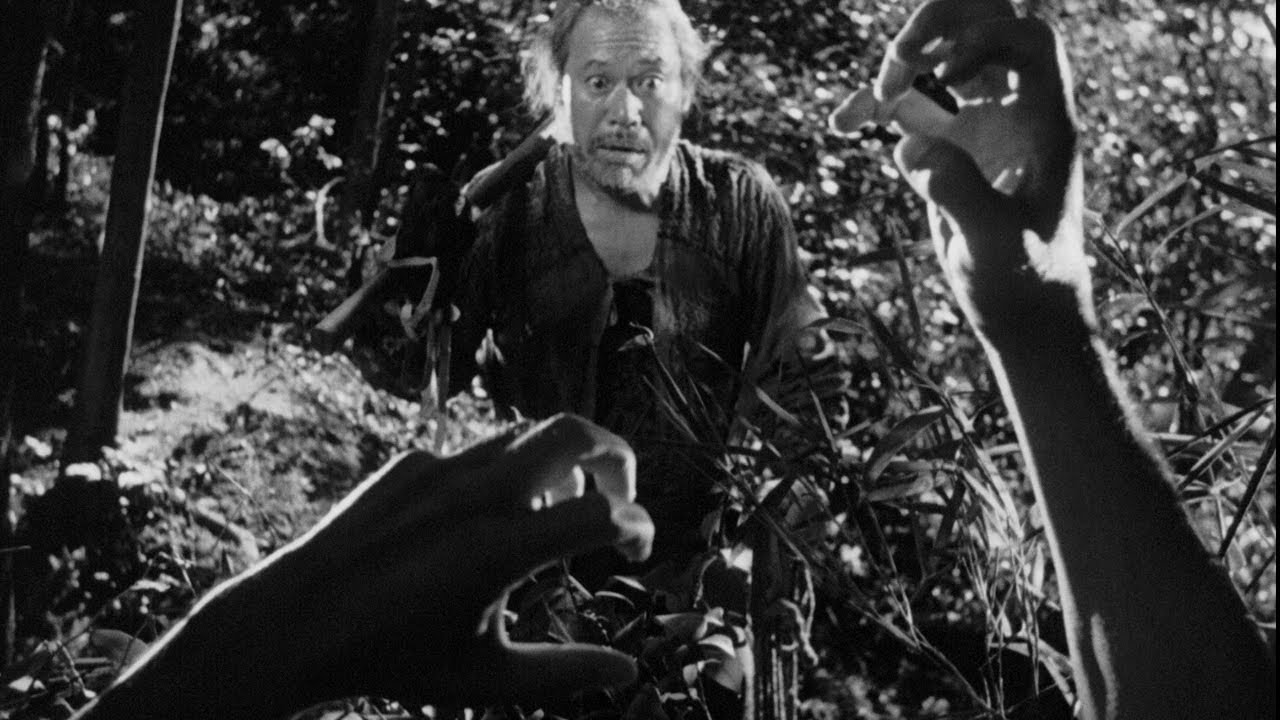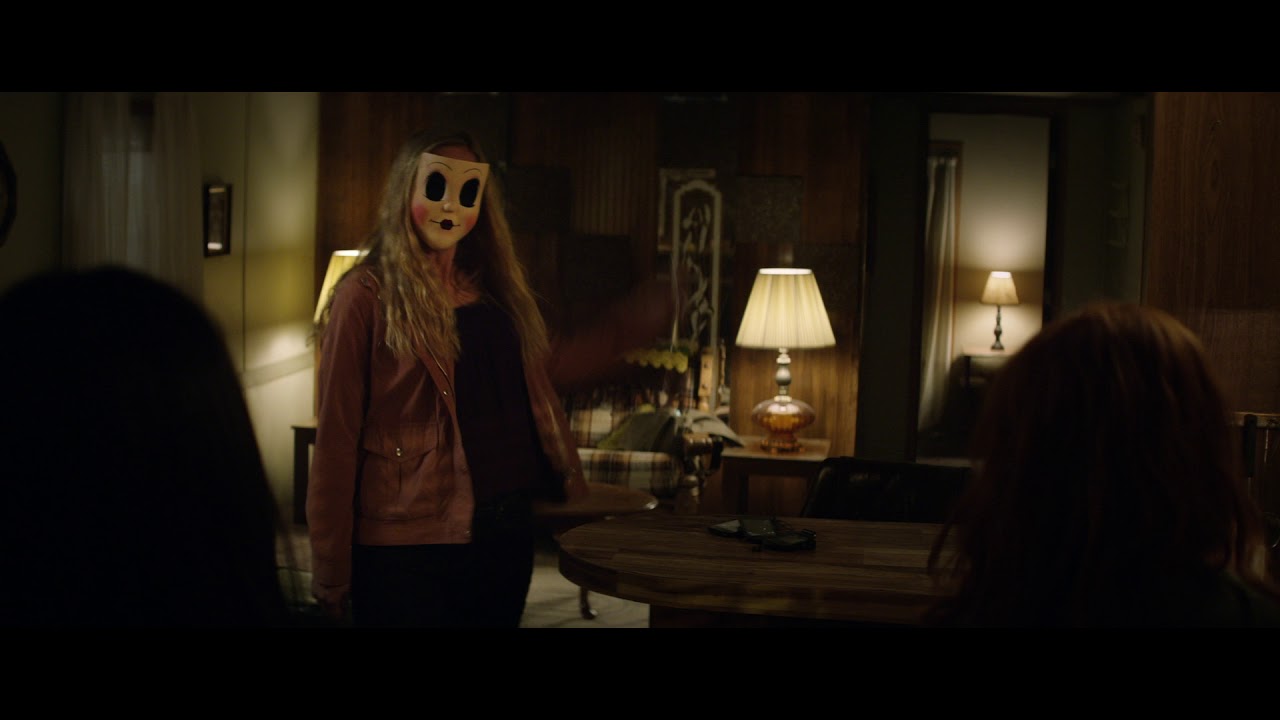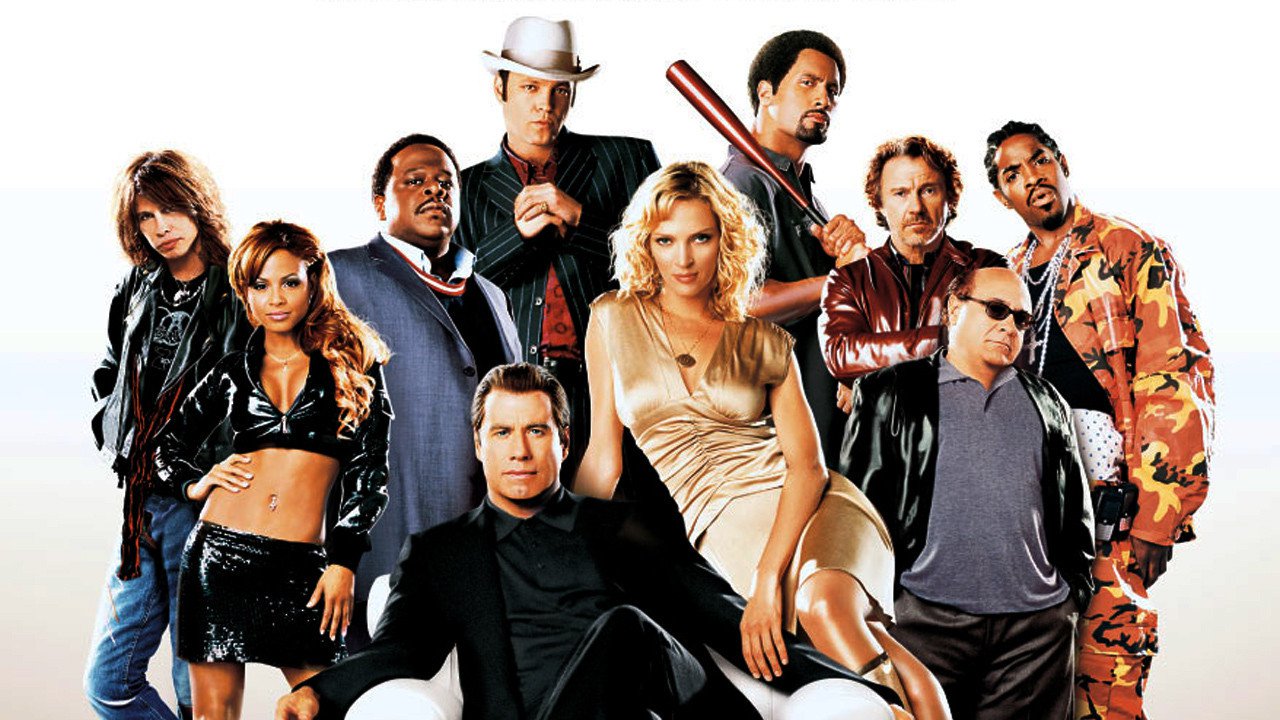We are familiar with the “making-of” documentary, but Sandi Tan‘s Shirkers turns it inside out. This is a “losing-of” documentary — a relentlessly charming love letter to indie cinema and its irrepressible DIY spirit, but also a confounding psychological mystery that asks, “How do you represent a film that exists almost entirely in memory?”
Film
There’s a distinct lack of fury at the heart of Desiree Akhavan‘s The Miseducation of Cameron Post. This is worth noting, since the “gay conversion therapy” boarding school on which it focuses offers plenty to be furious about. But in adapting Emily M.
One of cinema’s great ironies is that, for all the talk of representation and making the hidden visible, much of its power comes from withholding instead. Certainly this is true of slow cinema, of that poetic tendency which, in his landmark 1972 treatise, Paul Schrader called “the transcendental style in film.”
All movies, of course, come to us pre-packaged in some way, sure. But there is packaging, and there is packaging.
1979’s The Visitor is firmly in the second camp, at least for those of us who see it for the first time now, in hi-def, remastered form and given an aura of the cult secret.
Boredom is Counterrevolutionary: The 1968 Youth Revolts of If… and Wild In The Streets
Amid all its other signifiers, then and now, 1968 was about youth – its dangerous and liberatory possibilities. Two years earlier, Godard had cheekily announced the arrival of “the children of Marx and Coca-Cola,” but ’68 was their decidedly anarchic coming out party, from Nanterres to Columbia University to Mexico City to the Red Square.
How did I first come into contact with the idea of Rashomon? It was definitely a sitcom episode — but which one? Was it the episode of All in the Family that copied it? Or the episode of Everybody Loves Raymond in which Ray and Debra gave different versions of a fight?
With the 50th anniversary of May ’68 – and the famed “events” thereof – approaching, it was a good time to come across the vital documentary Henri Langlois: Phantom of the Cinematheque at my local library. Jacques Richard‘s seven-years-in-the-making account of the father of film preservation only briefly touches on those events, and has its eyes too fixed to the screen to contextualize them rigorously in the larger social upheaval of that year, but it’s scope feels right all the same.
The Strangers: Prey At Night isn’t quite the 80s movie the music and trailers suggest, and it’s not quite the 70s movie that the logo other trailers suggest. (It’s too bad about the colon; The Strangers Prey At Night could legitimately be the title of a forgotten original-generation slasher.)
Welcome to Fan Service, a new, typically sporadic (#onbrand) feature in which I feed the hungry beasts / wonderful humans of Patreon by focusing on a subject of their choice. (As with most things, this is borrowed from Nathan Rabin, though in fairness, for all his accomplishments, I’m not sure he can technically claim to have invented “taking requests.”)
Few literary characters have ever been interpreted as definitively as David Suchet’s Poirot. The two have become so inextricable that I can’t imagine one without the other. And there are not even any extra stories to adapt: from 1989 to 2013, Agatha Christie’s Poirot adapted every single Poirot novel and short story into feature-length episodes.

